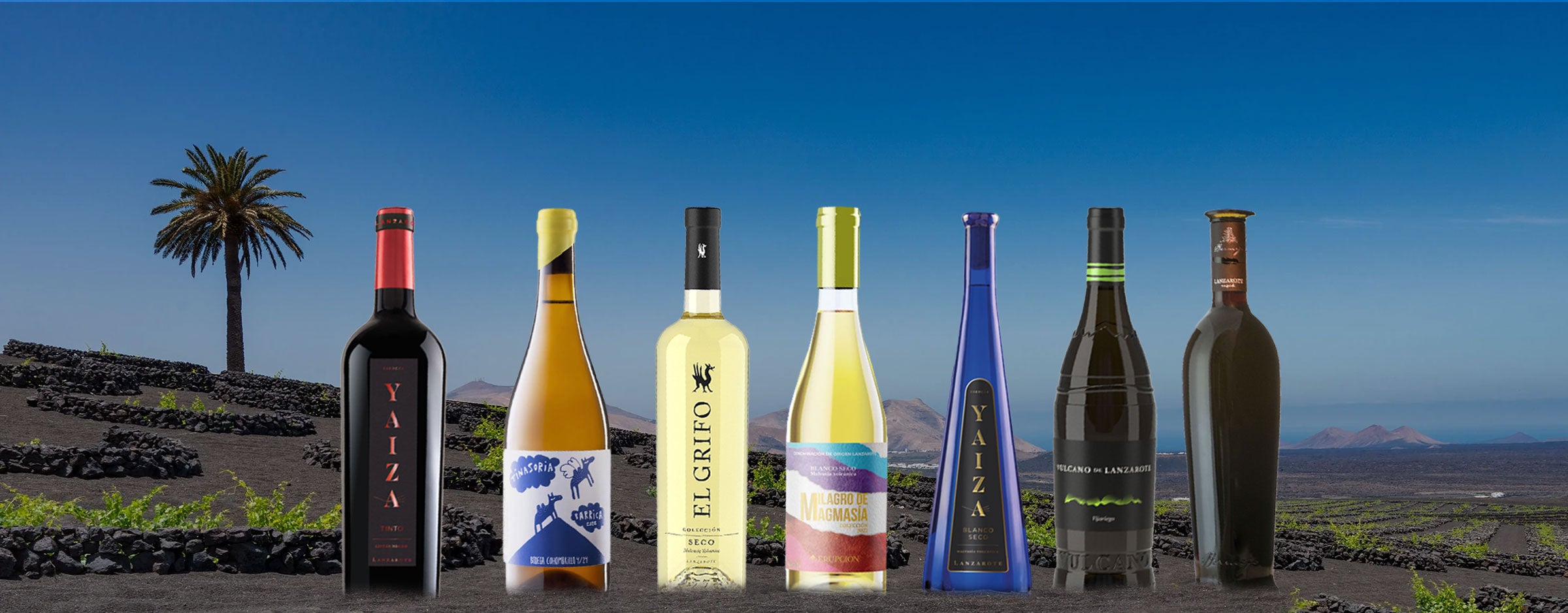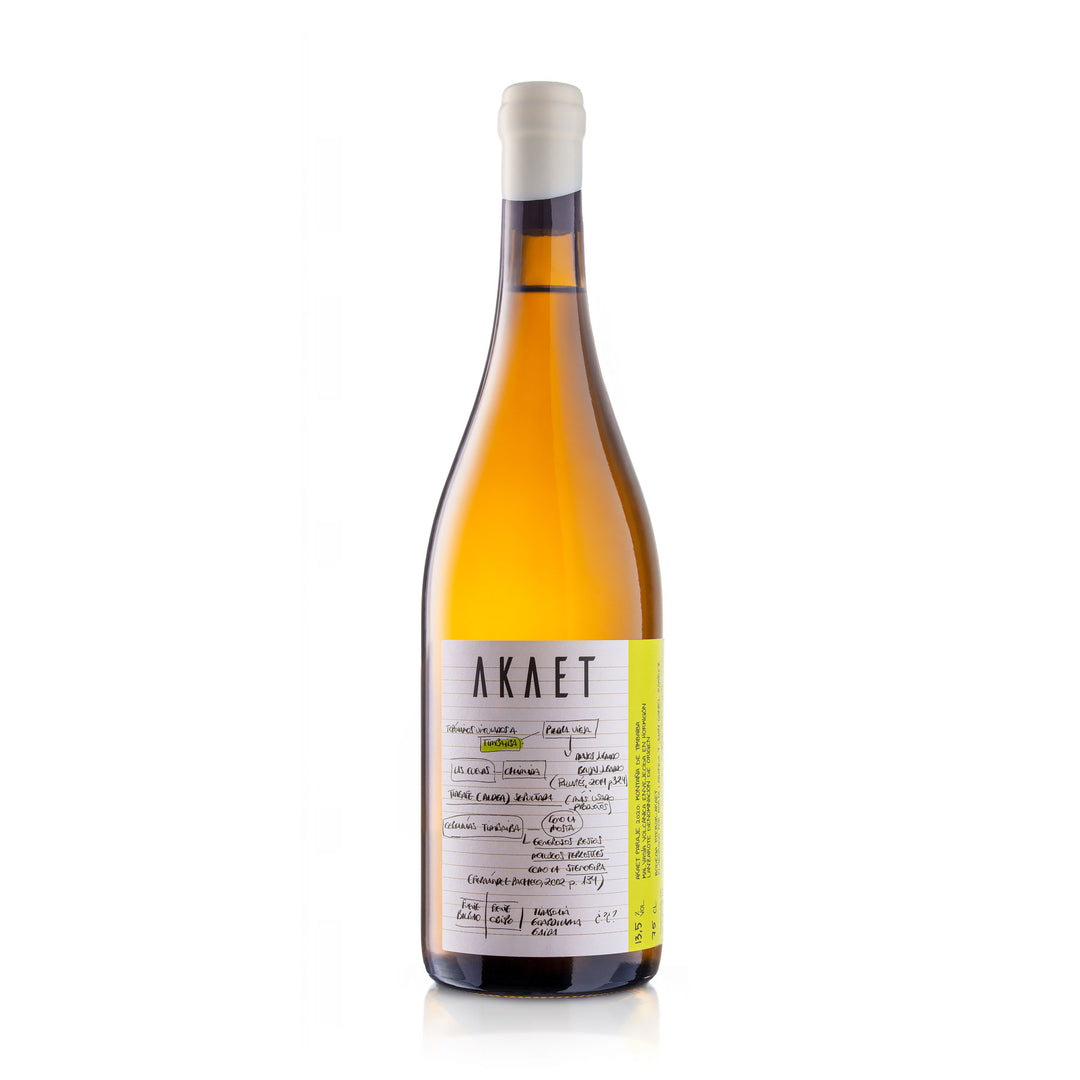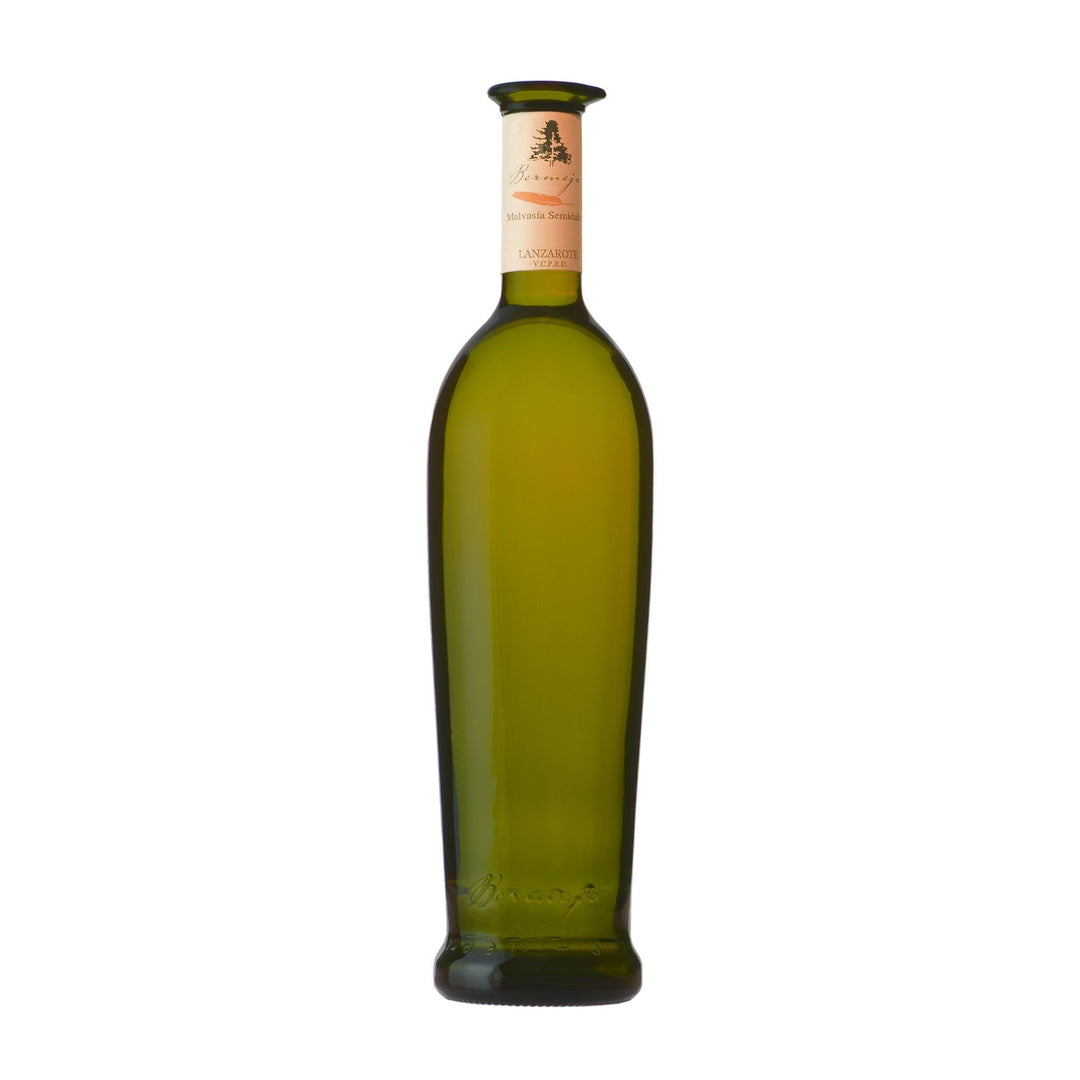The Volcanic Wine Explosion
A take on volcanic wine
Volcanic wine currently seems to be the topic on a lot of people’s palates right now. As we are lucky enough to be in some of the most unique volcanic vineyards in the world, here’s our take on it.
Producers from regions such as Santorini, Mount Etna on Sicily, Mount Fiji in Japan, The Azores and right here in the Canary Islands have been drawn into this increasingly growing market and are now exporting their wines to the four corners of the globe. Volcanic soils account for just 1 percent of the world’s surface and while global wine lists are still mainly categorised by their region, there is a growing opinion that it should be categorised by soil type, and some are even backing this up with action.

So why the big hype?
Well volcanic activity has a significant impact on the world’s ecosystem. They can trigger tsunamis, flash floods and earthquakes. A single eruption can be catastrophic, spewing lava and ash across landscapes destroying anything in its path. However, the aftermath of volcanic eruptions lead to the world’s most productive, re-mineralized soils as these eruptions bring up nutrients and minerals from deep within the earth.
Professionals agree that the soil and climate can have a substantial impact on the grapes’ character, the French often refer to this as terroir. Yet even among volcanic soils there is huge variety. These variations are also combined with differing altitudes, climates, slopes and grape variety for example. Volcanic soils generally result in wines which are fresh, mineral rich and a touch of saltiness can often be found.
In the case of Lanzarote our catastrophic event unfolded in the 1730’s. The volcanic peaks that towered up in the Island’s most important agriculture industry annihilated towns, villages and farms. This series of events lasted for 6 years and of course decimated the old agricultural industry, leaving the farms covered in thick layers of volcanic ash, known locally as picón or rofe.
In the aftermath, farmers dug funnel shaped holes in the volcanic ash to reach the topsoil, some which can be more than 3 metres deep. This layer of ash helps provide a number of minerals and nutrients to keep the soil rich, it also keeps the intense direct sun from destroying the topsoil structure and most importantly locks in the minimal 150mm of yearly rainfall. It is also worth noting that the Island’s vines are not permitted to be manually irrigated!
Lanzarote is home to some specific grape varieties which have adapted and now thrive in these types of soils and conditions. You can find more information on our native varieties here.

There are now volcanic wine movements, such as Volcanic Wines International which is one created by Canadian Master Sommelier and Wine Critic John Szabo. Their primary purpose is to establish a volcanic wine movement and provide opportunities for volcanic wine producers around the world.
For us here in Lanzarote, we have had front row seats to see Lanzarote’s wine exports expand across Europe, the States, Canada and even Australia & Japan to name a few.… and we are now helping with this movement to the UK and Ireland. Of course, the scale is small, in 2020 the entire Island’s harvest only accounted for 1.3 million kilograms and just 10% of this finds its way overseas. So it really is a precious commodity!
Cheers to volcanic wines!
Dan











